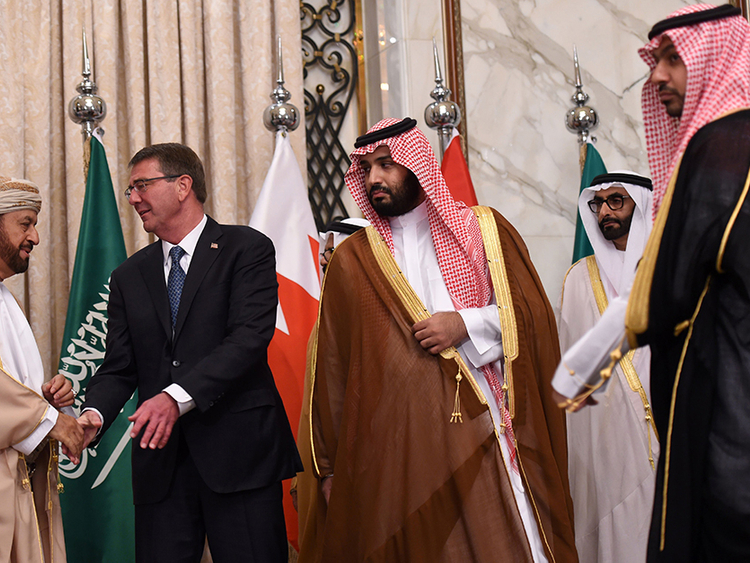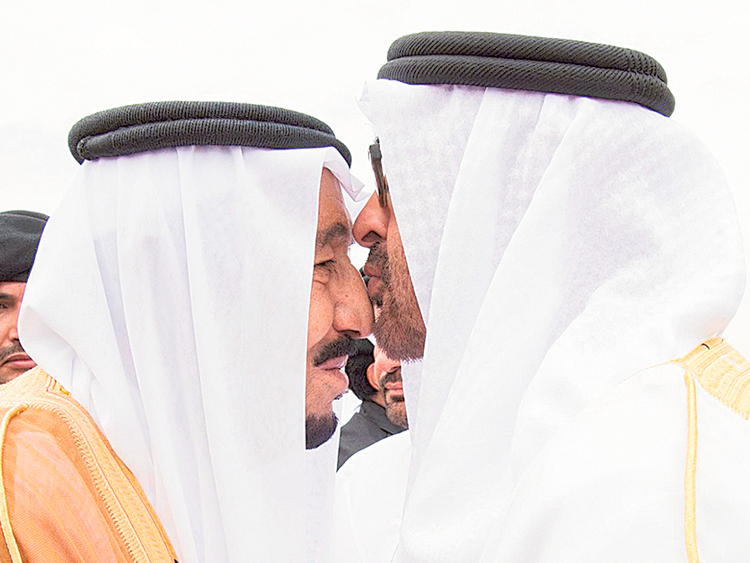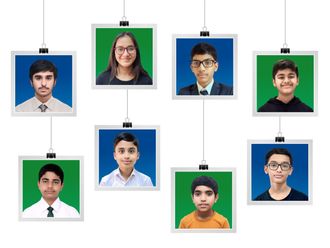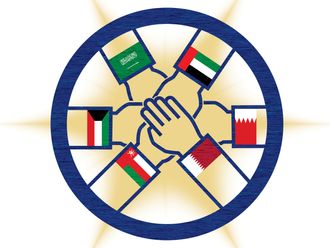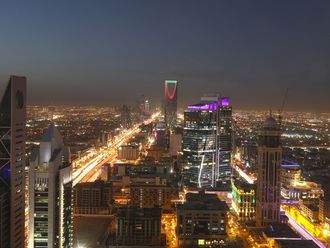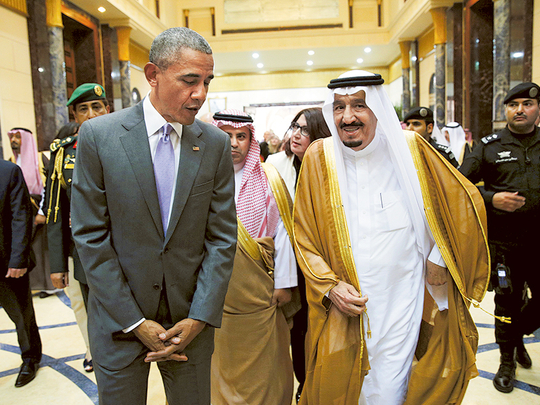
Dubai: Gulf Cooperation Council (GCC) countries and the United States have agreed to carry out joint patrols to stop any Iranian arms shipments reaching Yemen, the bloc’s secretary-general, Abdul Latif Al Zayani, said on Wednesday.
Al Zayani was speaking at a news conference with US Defence Secretary Ashton Carter after a meeting between Carter and his counterparts from the GCC.
Iran denies accusations by Gulf states that it is smuggling weapons to Yemen, where GCC countries are involved in a military campaign against the Tehran-allied Al Houthi movement.
Carter and his Gulf Arab counterparts met to discuss ways to counter Iranian influence and fight Daesh, hours before President Barack Obama arrived in Saudi Arabia.
Obama and Carter will seek to reassure the GCC, which groups Saudi Arabia, Kuwait, Qatar, Bahrain, the United Arab Emirates and Oman, that Washington still shares their interests and will continue to ensure their security, US officials have said.
In part, Carter aims to do so by helping them build up their cyber, special operations and maritime capabilities, which US defence officials see as more effective in countering Iran than big spending on air power.
Al Zayani said they also agreed to cooperate in building the GCC states’ joint missile defence systems, and in developing special forces, but no new arms deals were announced.
The GCC states see Iran as a threat to their security and say its involvement in Iraq, Syria, Lebanon and Yemen has fuelled conflict and deepened sectarian divisions.
The White House shares their view that Tehran plays a destabilising role, but has said it hopes to bring Iran and Gulf Arab states to develop a “cold peace” in which their rivalry does not further inflame smouldering Middle East tensions.
Saudi Deputy Crown Prince Mohammad Bin Salman Bin Abdul Aziz, who is also the Second Deputy Prime Minister and Minister of Defence, earlier said Gulf states and the US must “work together to confront these challenges”, the kingdom’s state news agency reported.
However, last year’s nuclear deal between Iran and world powers including the United States was seen by Gulf Arabs as a sign that Washington was making overtures to Tehran, and they fear Obama also wants to reduce US involvement in the region.
Strengthening the Gulf Arab states’ military and security capabilities has been part of Obama’s reassurance in recent years that he will support them. Washington has also given behind-the-scenes assistance for the Saudi-led coalition campaign in Yemen.
Talks on helping Gulf states build up their security capacity feed into that. Improving their maritime capabilities, for instance, would help them interdict arms shipments that Riyadh believes are being smuggled into Yemen by Iran.
Al Zayani gave no details on the proposed joint patrols he announced. Tehran and Al Houthi movement in Yemen to which it is allied both deny that Iran has smuggled it weapons.
Carter also arrived in Riyadh hoping to win pledges from Gulf allies to help pay for the reconstruction of areas of Iraq damaged by the fight against Daesh.
Iraq is struggling to fund an expensive fight against Daesh amid low oil prices, but even the wealthy Gulf countries have had to enact spending limits or consider doing so given their dependence on oil sales as a revenue source.


